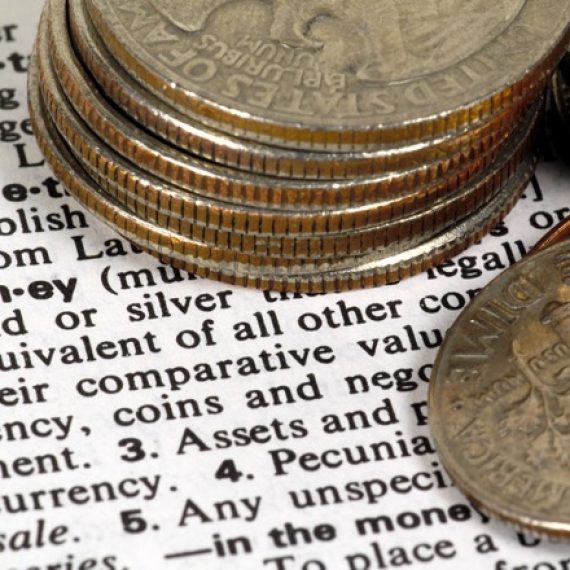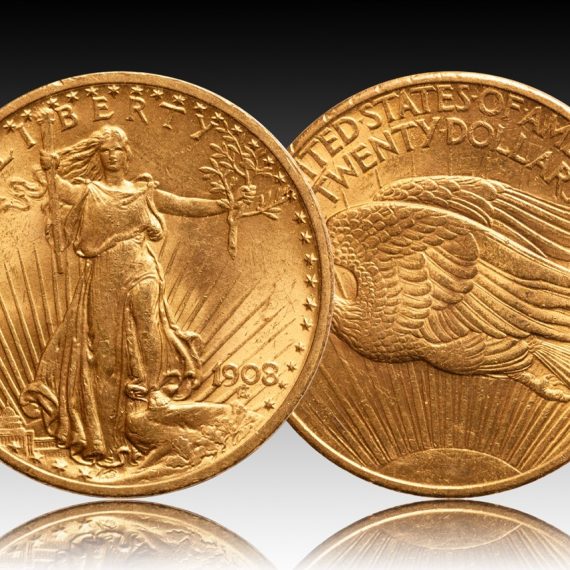January 10, 2000 – Central Banks Control the Gold Market? I offered in that report what I still believe to be an accurate and exhaustive analysis of the relationship between central banks and Gold.
Central banks and their influence on Gold have always been something I have monitored closely. The monograph appeared long before all of the attention began being paid in recent years to central bank activity in the Gold market. But although it was written several years ago, this monograph is as timely now as it was back then. The reason is its major conclusion, which states that despite their vast resources and apparent financial might, central banks cannot control the Gold market. However, even though they cannot control the Gold market, central banks can and do exert a big influence on it and the price of Gold.
Central banks exert this influence in two ways. First, central banks flagrantly and frequently propagandize their anti-Gold prejudices. Central banks and government ministers rarely miss an opportunity to bash Gold.
For example, how many times last year did we see various government spokesmen talk about the proposed IMF Gold sales as all but a sure thing? It seemed like every time the Gold price rose a few bucks, some government secretary or minister some where was propounding that the IMF sales were going to be approved in the IMF’s September 1999 annual meeting.
However, they weren’t approved, but this fact probably will not stop those same government spokesmen from using that same IMF bugbear all over again this year.
Central banks also exert their influence in another way. Sometimes they use action rather than words. They can and do act in the Gold market – using both the physical and paper sides of market activity – and often do so in the most secret and surreptitious ways.
For example, many central banks regularly lend their Gold in order to earn interest by taking a credit risk. However, these loans are not separately reported on central bank balance sheets. Instead, these centralbankers call “Gold and Gold Receivable” the same thing, an obvious non sequitur, and then lump these two very disparate assets of differing risk together to book them as one accounting item, a flagrant abuse of prudent accounting principles.
These actions by central banks are infuriating to those of us who believe that markets should be left free of government interference and unimpeded by government propaganda.Nevertheless, the world doesn’t work that way – at least it didn’tduring the 20th century as governments around the world usurped vast powers aimed to enhance their position of domination and privilege. But just as the centuries have now changed, so too might central bank influence on the Gold market now change. Specifically, it is my expectation that the big surprise for 2000 (or at least by 2001) is that central banks will lose control of the Gold market.
I don’t think that I am making a startling conclusion here. Instead, using the basic conclusions of my 1994 monograph and some basic observations of the Gold market itself, I think that I am merely extrapolating a trend.
We have seen central bank influence waning over the last year or two. Despite the best efforts of central bankers and their government henchmen, Gold has not been relegated to the dust bins of history. Gold still has value, exceptionally so, because the price has fallen in recent years. But this exceptional value creates all the more opportunity to accumulate an undervalued asset, and this reality has caused central bank influence to weaken. Their actions are being increasingly met by people who seek to accumulate the physical metal that the central banks are dishoarding and lending from their reserves.
It seems likely that central banks themselves recognize this change. They have attempted to halt the decline in their influence, which may explain why they kept bringing up the proposed IMF sales so many times last year. Their propaganda activity has increased in direct proportion to the decline in their influence. Is it desperation? I think so.
The dishoarding by the Bank of England is further evidence of their desperation. Despite these sales and the conspicuous timing of the May announcement to inflict maximum damage on the Gold price, Gold has survived to fight another battle.
Further, I argue that because the central banks have had to take such an extreme step as dishoarding from the Bank of England, their efforts to merely talk down the Gold price were not doing the trick. Central banks only act when their threats to act fall on deaf ears.
Therefore, the central banks are rapidly running out of bullets. That they have been forced to act by taking such a blatant step as the Bank of England sales is a clear indication that they are running out of time. And when central banks do finally lose control of the Gold market, Gold will win the war. That moment is near, just months or maybe even weeks away.
We saw some evidence last year during those few weeks in September and early October that central banks were losing control. Not only did the price skyrocket, but we now know that derivative exposure in the Gold market swelled by over 30% in the 3rd quarter to $83.3 billion (and this jump does not include the beginning of October because those numbers are not yet available). Only a massive infusion of leveraged paper kept Gold from rocketing higher.
So my big surprise for the year 2000 (or 2001 at the latest) is not really a surprise at all. It is a reflection of the reality that the influence of central banks in the Gold market is waning. As a result, they will soon lose control of the Gold price.

 My objective is to share with you my views on gold, which in recent decades has become one of the world’s most misunderstood asset classes. This low level of knowledge about gold creates a wonderful opportunity and competitive edge to everyone who truly understands gold and money.
My objective is to share with you my views on gold, which in recent decades has become one of the world’s most misunderstood asset classes. This low level of knowledge about gold creates a wonderful opportunity and competitive edge to everyone who truly understands gold and money.
